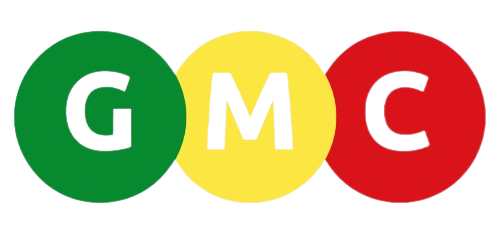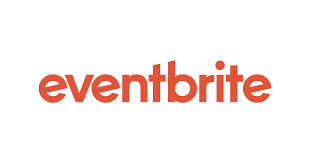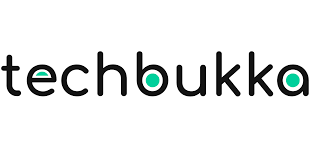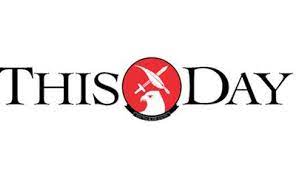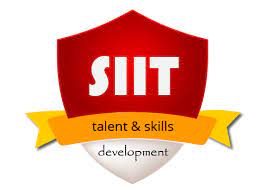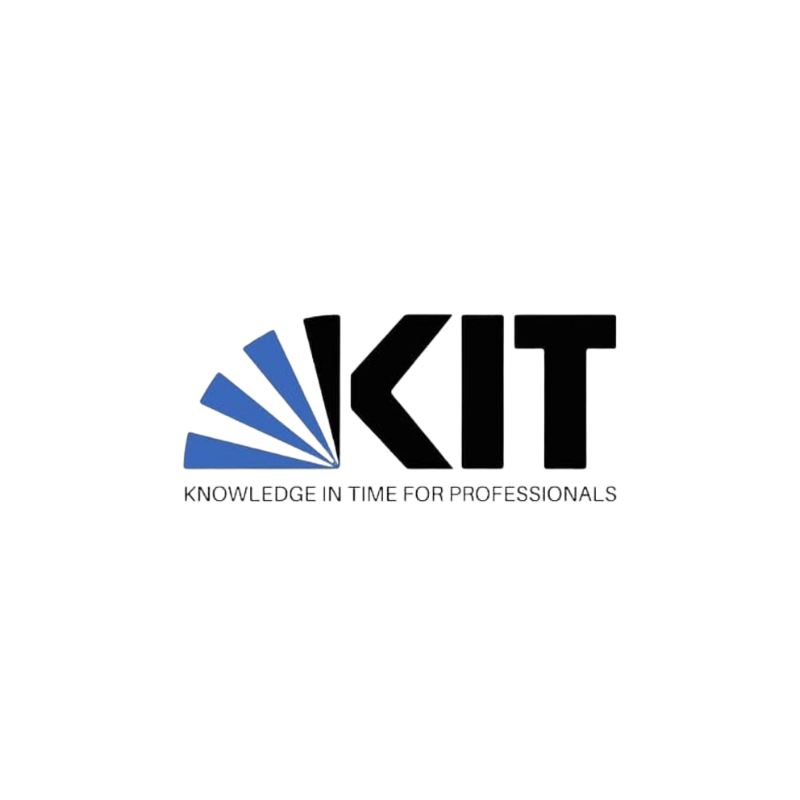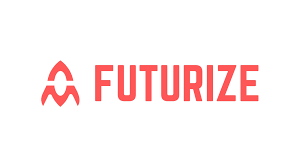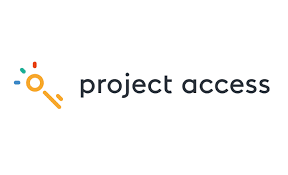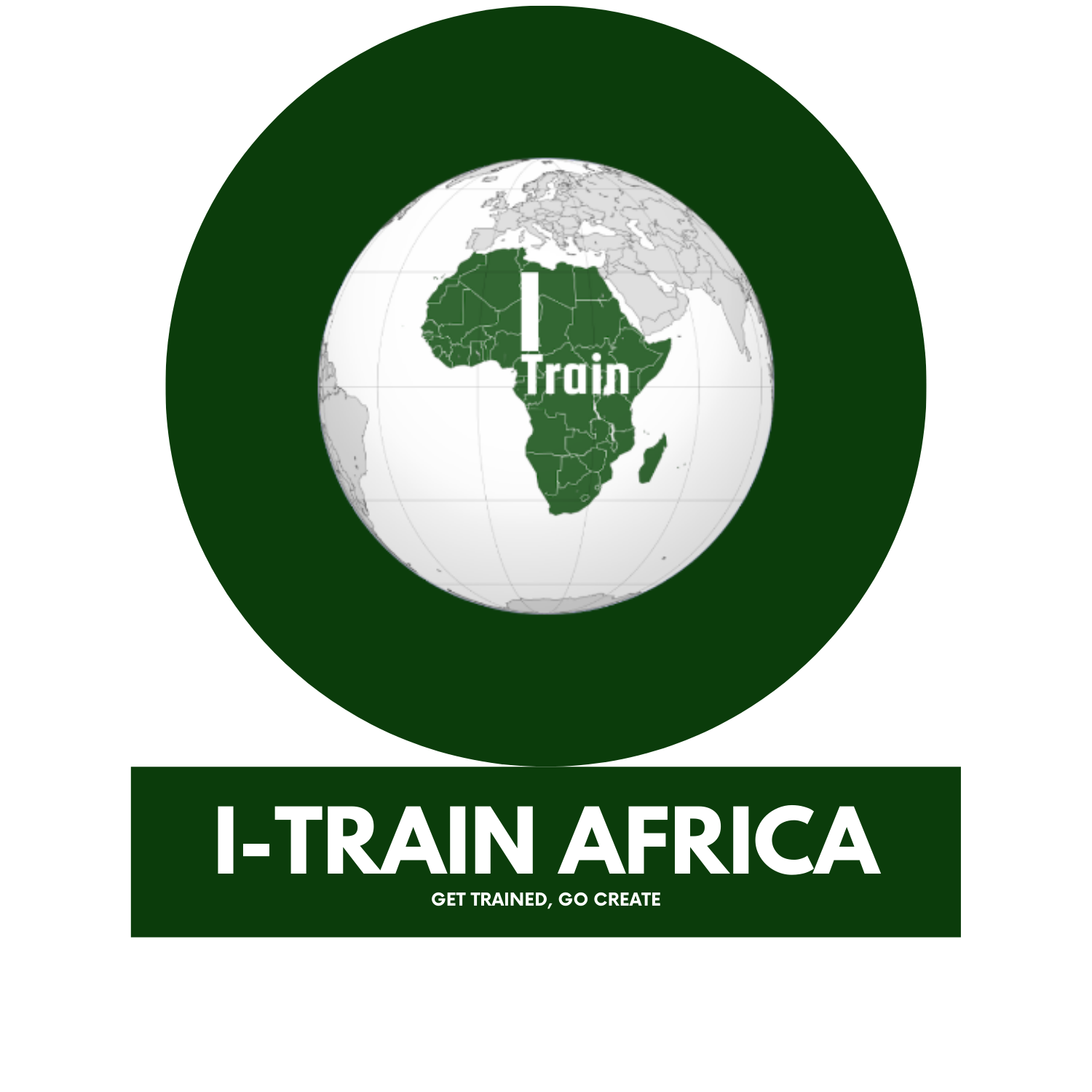
Have you got a degree but are feeling job market jitters? This information is for you!
A first-class/second-class upper degree is only something you need to get a job, at least not anymore.
Thousands of unemployed graduates have first-class or second-class degrees, so it’s not just about that anymore.
You must develop and equip yourself with skills that make you stand out.
Employers these days won’t ask you, ‘What degree did you finish with so that we know how valuable you can be?’; instead, they would ask you, ‘WHAT SKILLS do you possess that would greatly contribute to the company?’
Getting a first-class/second-class upper degree is a beautiful thing. After all, I had a distinction in my master’s and have a PhD. However, these degrees were not requested when I interviewd for my two international roles. Questions such as “What tool will you use to hold a virtual innovation process?” was what was asked.
My ability to KNOW and USE the right software, tools, and skill set was more important to them in serving as a design lead at the Natural History Museum of London and as a global program coordinator at the Museum for the United Nations.
Now you see why I say employers need your contribution, not your certificate.
Let’s look at the three soft skills you can add to your degree to stand out in the no-code Tech revolution and land your dream job in the exciting world of Tech!
- Problem-Solving Skills
Problem-solving is a soft skill that allows individuals to address and overcome challenges in the workplace. This skill can make you a valuable team member and enable you to help others address issues they encounter, helping the team and company improve. I know you have heard this before and even have it on your CV, but you must learn the practical approach in a real-life work environment.
I want to give you an example. I have a staff member who recently joined us at the entry-level. I delegated a content creation task to him. We had a problem with a non-converting Advert. Even if he had little knowledge of Ads, he asked if we could replace the old image, and he designed a new one. We implemented his new image, bringing down our cost per lead. Smart right? Now that right there is a problem-solving approach.
2. Communication
Communication skills allow you to effectively and efficiently convey your thoughts and ideas. Some people are naturally good at communication, while others may find them more difficult. In either case, everyone can benefit from learning to communicate more clearly and productively. Communication also has different branches. One communication skill everyone should have is the ability to articulate their request via email. As basic as this sounds, more than half the emails we receive from beginners need more clarity or have no subject or explicit request.
3. Work Ethics
A work ethic is a personal set of values determining how employees approach their work. Employees with strong work ethics are highly motivated and produce consistently high-quality results. A good work ethic can be taught if the learner is willing to implement it. For instance, a work ethic any employer will appreciate is reliability, especially when it comes to meeting deadlines. Can I count on you to deliver when you say you would?
Have you digested it all?
Where do you acquire these skills in real-life scenarios as a beginner?
You should check the Skilled For Work Global Employability and Job Shadowing Academy by I-Train Africa.
I-Train Africa has many hands-on programs that will equip you with the workplace foundational knowledge, tools, skills, and network needed to launch your career as a youth or woman.
As written By I-Train Africa 2024
